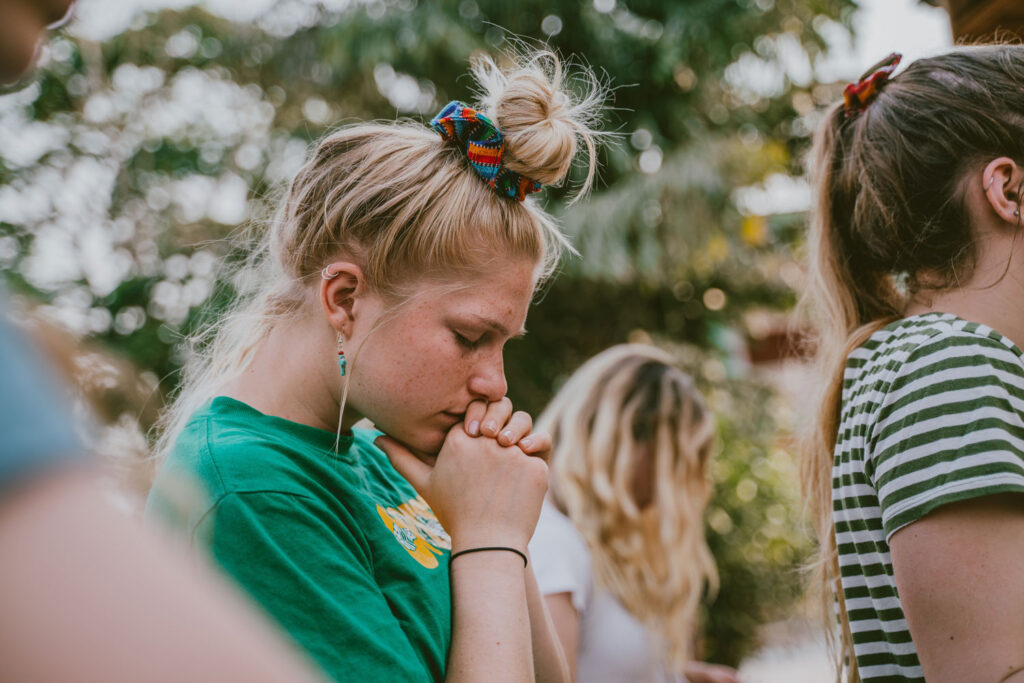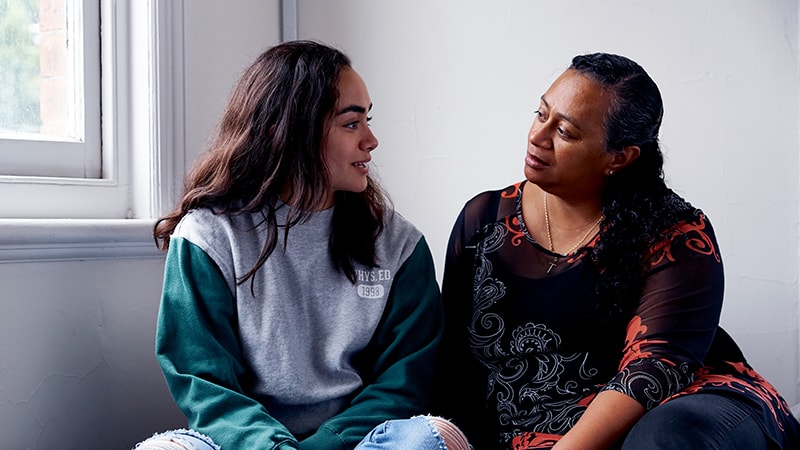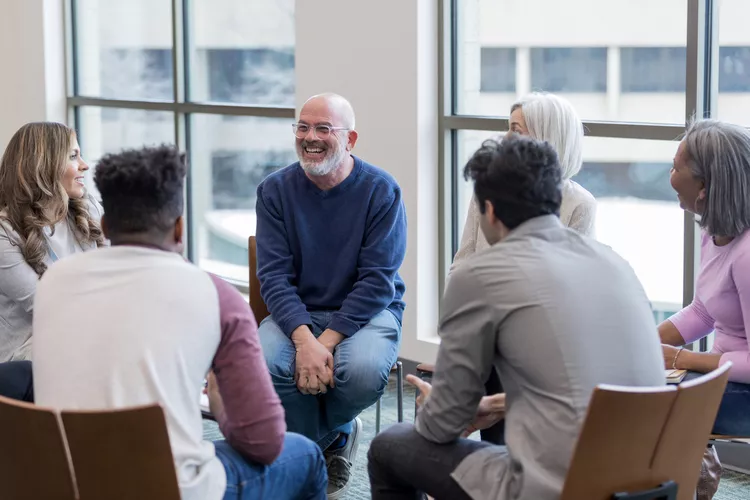BASEPOINT ACADEMY: Our Teen Treatment Programs
Learn More About Our Mental and Behavioral Health Treatment Programs For Dallas-Fort Worth Teens
For Teens. With Teens. A Brighter Future Awaits.
The life of a teenager in today’s society is not easy. They’re neither children nor adults. They’re walking the line between young and mature, making for a confusing and often frustrating journey.[1]
This provides a complex and dynamic challenge when it comes to mental and behavioral health treatment. Holistic treatment interventions must address each teen’s experience from the inside out and provide a unique approach to complement their unique experience.
That’s what we do at BasePoint Academy. Our teen-focused treatment center was founded to serve the teenage population in our area and provide effective, lasting solutions to improve their holistic well-being and their quality of life.

Crisis Stabilization
While we know it’s impossible to completely avoid every form of adversity, it does not mean that everyone, especially teens, is well-equipped to face it. Crises can be triggered by circumstances, significant life changes, environmental influences, and even family issues.
Our teen crisis stabilization services are a critical component of our mental health treatment. They can help reduce acute symptoms of behavioral and mental health issues and provide teens access to the support they need when under elevated levels of stress.
Partial Hospitalization Program (PHP)
A partial hospitalization program offers the intense, comprehensive daily care your teen may need in early recovery without checking into a residential program. This program is a good fit to holistically treat substance abuse, mental health issues, dual diagnosis, or other behavioral health concerns.
This level of care offers full-day treatment along with daily educational guidance while still having the ability to go home and participate in family life. The PHP treatment program at BasePoint Academy provides a safe and supportive environment for your teen to be heard, seen, and empowered.


Intensive Outpatient Program (IOP)
An intensive outpatient program offers the same depth of care as a partial hospitalization program but with more schedule flexibility. This level of care is a good fit for teens who have already completed a PHP or inpatient program or need additional support that a standard outpatient program can’t provide.
In an IOP program, teens will develop a strong sense of personal autonomy and be prepared to eventually reintegrate back into their daily routines. Holistic treatments include medication management, group therapy, family therapy, individual therapy, and education counseling.[2]
Relapse Prevention
Early recovery from substance use and mental health disorders is a vulnerable time for teens. This is in the midst of an already vulnerable time as they navigate the teenage experience. This phase of treatment is often when your teen will be most susceptible to relapse in either behavior patterns or substance use.[3]
It’s important to provide teens with a clear and practical plan for relapse prevention. This plan will help them maintain connections with their clinicians and support staff as well as continue to implement essential coping strategies they learned throughout their program.

Teen Treatment Programs Near Dallas/Fort Worth, Texas
Situated within easy reach of Dallas and Fort Worth, BasePoint Academy operates facilities in Arlington, TX, Forney, TX, and McKinney, TX. As a premier destination for adolescent mental health treatment, we focus on addressing the unique challenges posed by behavioral and mental health disorders that can hinder a teenager’s journey towards a balanced life. Our comprehensive suite of services, encompassing counseling, therapy, and specialized treatment programs for teen behavioral health, are not just accessible but also financially feasible, thanks to our acceptance of health insurance and provision of flexible payment plans. In recognition of the importance of education, we offer Intensive Outpatient (IOP) and Partial Hospitalization Programs (PHP), allowing for seamless integration of treatment schedules with academic commitments.
As a brand, BasePoint Academy embodies a voice that is professional, informative, and persuasive. We leverage our expertise and credibility in mental health treatment by sharing expert testimonials and employing emotive language and descriptive phrases. Our storytelling approach, coupled with clear headings, underscores the effectiveness and uniqueness of our programs. Further enhancing our accessibility, we offer free mental health assessments, testament to our unwavering commitment to being a reliable partner in your child’s mental health journey. At BasePoint Academy, our ultimate objective transcends mere symptom treatment; we aim to empower teens to successfully navigate adolescence and evolve into the best versions of themselves.
Teen treatment Programs and Therapies
Sources
- World Health Organization. (n.d.). Mental health of adolescents. World Health Organization. Retrieved from https://www.who.int/news-room/fact-sheets/detail/adolescent-mental-health# on May 2, 2023
- Halder, S., & Mahato, A. K. (2019). Cognitive behavior therapy for children and adolescents: Challenges and gaps in practice. Indian journal of psychological medicine. Retrieved from https://www.ncbi.nlm.nih.gov/pmc/articles/PMC6532387 on May 2, 2023
- Jaffe, S. L. (2002). Treatment and relapse prevention for adolescent substance abuse. Pediatric Clinics of North America, 49(2), 345–352. Retrieved from https://www.sciencedirect.com/science/article/abs/pii/S0031395501000086?via%3Dihub on May 2, 2023
Contact Admissions Today
Despite what seems like insurmountable challenges, help, and healing are only a phone call away. Contact the teen-focused providers at BasePoint Academy. We’re here for you and your teen today so they can establish a foundation for a healthy future tomorrow and beyond.
Using a holistic and integrated approach for holistic treatment in comprehensive programs designed specifically for teens, you will see your team grow and thrive. Call today to verify insurance and schedule a complimentary assessment with a licensed clinician.


